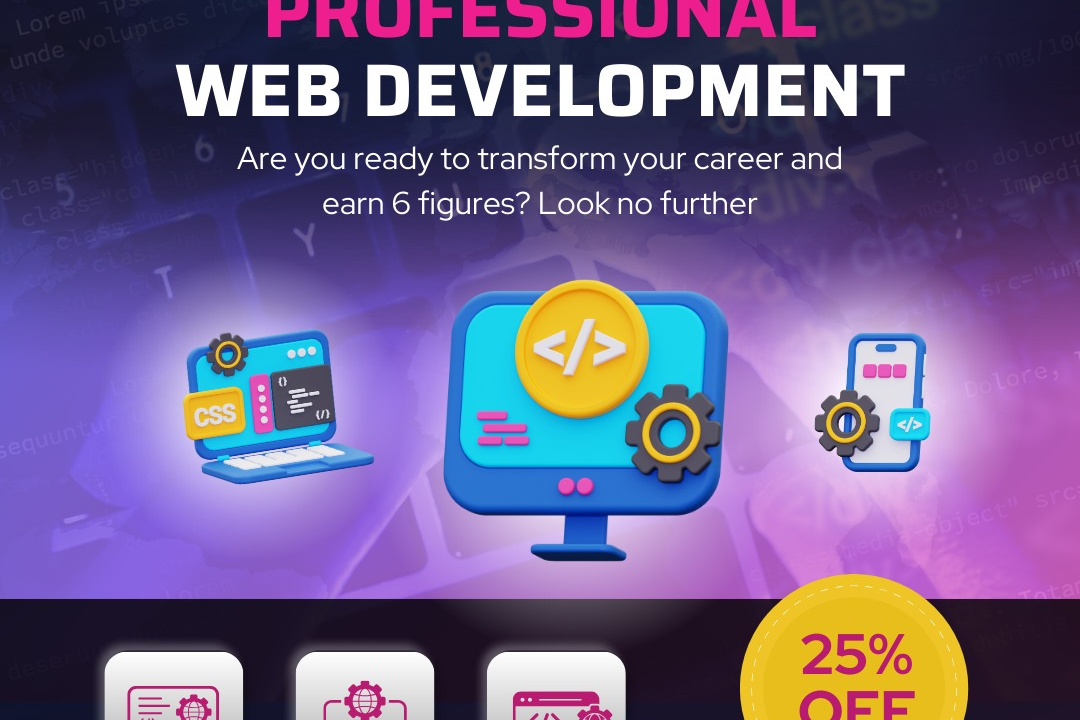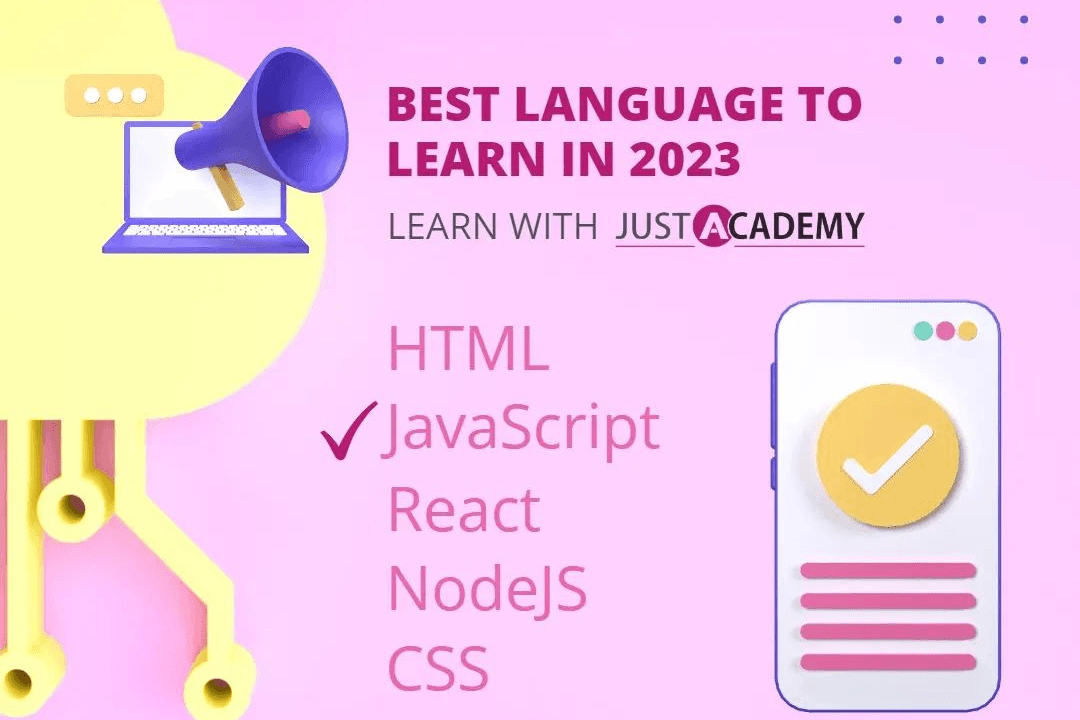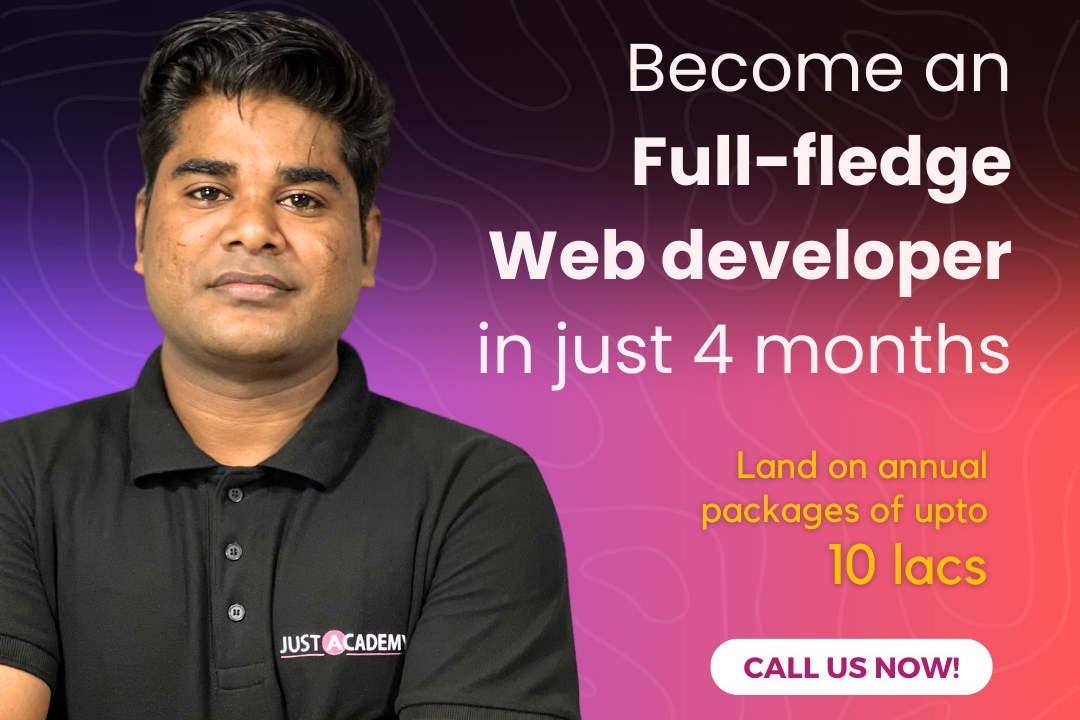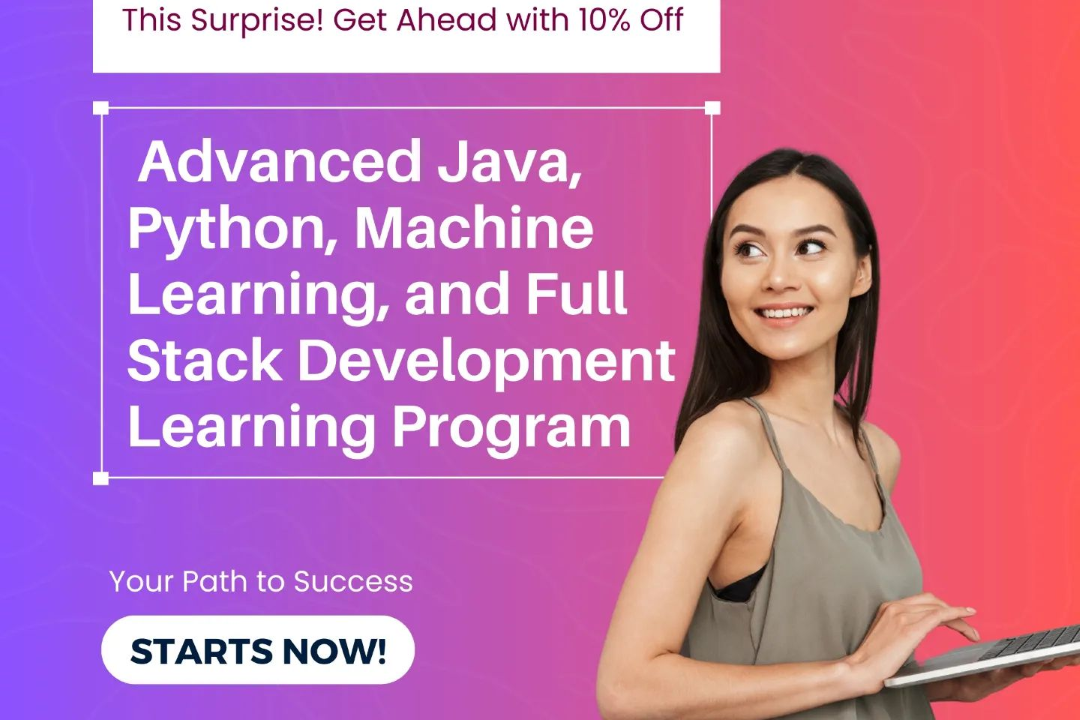Appinventiv Technologies Interview Questions For Php
AppInventiv Technologies' interview questions for PHP developers are designed to evaluate both techn
Appinventiv Technologies Interview Questions For Php
AppInventiv Technologies' interview questions for PHP developers are meticulously crafted to assess candidates' technical proficiency and practical experience. By focusing on essential PHP concepts, real-world applications, and problem-solving abilities, these questions help identify developers who not only possess strong coding skills but also understand how to implement effective solutions in dynamic work environments. This structured approach not only streamlines the hiring process but also ensures that new team members are well-equipped to contribute to the company's commitment to high-quality software delivery.
To Download Our Brochure: https://www.justacademy.co/download-brochure-for-free
Message us for more information: +91 9987184296
AppInventiv Technologies' interview questions for PHP developers are meticulously crafted to assess candidates' technical proficiency and practical experience. By focusing on essential PHP concepts, real world applications, and problem solving abilities, these questions help identify developers who not only possess strong coding skills but also understand how to implement effective solutions in dynamic work environments. This structured approach not only streamlines the hiring process but also ensures that new team members are well equipped to contribute to the company's commitment to high quality software delivery.
Course Overview
The “AppInventiv Technologies Interview Questions for PHP” course is designed to equip aspiring PHP developers with the essential knowledge and skills needed to succeed in technical interviews. This comprehensive program covers a wide range of topics, including core PHP concepts, object-oriented programming, database management, web development frameworks, and real-world project scenarios. Participants will engage in practical exercises and mock interviews to enhance their problem-solving abilities and boost their confidence. By the end of the course, learners will be well-prepared to tackle PHP-related interview questions, impress potential employers, and secure positions in leading tech companies.
Course Description
The “AppInventiv Technologies Interview Questions for PHP” course offers a comprehensive preparation platform for aspiring PHP developers aiming to excel in technical interviews. This course delves into fundamental concepts of PHP, object-oriented programming, database interactions, and web development frameworks, providing participants with both theoretical knowledge and practical skills. Engaging with real-time projects and mock interview sessions, learners will enhance their problem-solving abilities and gain confidence in addressing common interview questions. By the course's conclusion, participants will be well-equipped to impress prospective employers and secure their desired positions in the tech industry.
Key Features
1 - Comprehensive Tool Coverage: Provides hands-on training with a range of industry-standard testing tools, including Selenium, JIRA, LoadRunner, and TestRail.
2) Practical Exercises: Features real-world exercises and case studies to apply tools in various testing scenarios.
3) Interactive Learning: Includes interactive sessions with industry experts for personalized feedback and guidance.
4) Detailed Tutorials: Offers extensive tutorials and documentation on tool functionalities and best practices.
5) Advanced Techniques: Covers both fundamental and advanced techniques for using testing tools effectively.
6) Data Visualization: Integrates tools for visualizing test metrics and results, enhancing data interpretation and decision-making.
7) Tool Integration: Teaches how to integrate testing tools into the software development lifecycle for streamlined workflows.
8) Project-Based Learning: Focuses on project-based learning to build practical skills and create a portfolio of completed tasks.
9) Career Support: Provides resources and support for applying learned skills to real-world job scenarios, including resume building and interview preparation.
10) Up-to-Date Content: Ensures that course materials reflect the latest industry standards and tool updates.
Benefits of taking our course
Functional Tools
1 - PHP
As the core programming language for web development, PHP (Hypertext Preprocessor) is essential for building dynamic content on websites. Throughout the training program, students will learn the fundamentals of PHP, including syntax, data types, control structures, and functions. They will also explore advanced topics such as object oriented programming, error handling, and performance optimization. Mastering PHP will enable participants to create robust web applications and is a critical skill for any developer in today’s job market.
2) MySQL
MySQL is a leading relational database management system that works seamlessly with PHP to store and manage data. In this course, students will gain hands on experience with MySQL, learning how to create, retrieve, update, and delete database records using SQL queries. The training will cover database design principles, normalization, and the importance of indexing for performance. Understanding MySQL is vital for building data driven PHP applications and effectively managing back end operations.
3) HTML/CSS
Combining PHP with HTML and CSS is crucial for creating visually appealing web applications. This training program will emphasize the integration of these technologies, teaching students how to structure web pages using HTML and style them with CSS. Participants will learn about responsive design techniques and how to implement user interface (UI) designs that enhance user experience (UX). By mastering HTML and CSS alongside PHP, students will be able to design functional and attractive web applications.
4) JavaScript
JavaScript is a key technology for enhancing user interactivity and client side functionality in web applications. The program will introduce students to essential JavaScript concepts, including DOM manipulation, event handling, and AJAX. Understanding how to leverage JavaScript in conjunction with PHP will enable learners to create dynamic user experiences, such as form validation, real time updates, and interactive elements, making their applications more engaging and user friendly.
5) Frameworks (e.g., Laravel)
Using frameworks like Laravel can significantly improve development speed and efficiency. This training will provide insights into popular PHP frameworks, focusing on Laravel's features and architecture. Students will learn about MVC (Model View Controller) design patterns, routing, middleware, and ORM (Object Relational Mapping) through Eloquent. Familiarity with frameworks equips participants with advanced tools to build scalable applications while adhering to best practices in code quality and project organization.
6) Version Control (Git)
Git is essential for modern software development, enabling collaboration and tracking of code changes. In this training program, students will learn the fundamentals of using Git for version control, including basic commands, branching, merging, and pull requests. Understanding Git allows developers to work effectively within teams, manage code changes systematically, and maintain the integrity of their projects. This knowledge is increasingly demanded by employers, making it a valuable skill for aspiring PHP developers.
7) Development Tools (e.g., PHPStorm, Visual Studio Code)
Familiarity with development environments and tools is crucial for an efficient workflow. The training will cover Integrated Development Environments (IDEs) like PHPStorm and Visual Studio Code, highlighting features such as code completion, debugging, and integrated terminal functionalities. Proficiency in these tools can streamline the development process, enhance coding productivity, and facilitate easier debugging, ultimately leading to higher quality code and better application performance.
8) API Development
Understanding how to build and consume APIs (Application Programming Interfaces) is essential for modern web applications. This segment of the training will cover RESTful API design principles and how to create APIs using PHP. Students will learn how to manage client server interactions, authentication methods (such as OAuth), and data exchange formats like JSON and XML. Mastery of API development equips learners with the skills needed to integrate third party services and enable seamless data communication between different systems.
9) Security Best Practices
Web application security is critical in today's digital landscape. The course will delve into common security threats, including SQL injection, cross site scripting (XSS), and cross site request forgery (CSRF). Students will learn strategies for safeguarding applications, such as data validation, parameterized queries in SQL, and implementing HTTPS. Understanding security best practices is pivotal for securing applications against attacks, protecting user data, and ensuring compliance with industry standards.
10) Testing and Debugging
Testing is vital to ensuring the quality and reliability of web applications. The training will introduce students to various testing methodologies, including unit testing, integration testing, and functional testing. Participants will also learn how to use PHPUnit for automated testing in PHP applications. Debugging skills will be emphasized, teaching students how to effectively diagnose and fix bugs, which is crucial for maintaining application performance and usability.
11 - Deployment and Hosting
Once a web application is developed, it needs to be deployed and hosted. This segment will cover the different hosting options available, including shared, VPS, and dedicated hosting. Students will learn about server setup, domain configuration, and deploying PHP applications to a live server. Understanding deployment processes and server management allows developers to transition their projects from development to production effectively.
12) Responsive Design and Frameworks (e.g., Bootstrap)
Building responsive web applications is essential for catering to users on various devices. This part of the training will focus on CSS frameworks like Bootstrap, enabling students to create mobile first designs and implement grid systems with ease. By mastering responsive design principles and frameworks, learners will enhance their ability to develop applications that provide consistent user experiences across different screen sizes.
13) Project Management Tools
Using project management tools can improve organization and workflow efficiency. The training will introduce popular tools like Trello or Asana, teaching students how to utilize these platforms for task management and collaboration within a development team. Familiarity with project management methodologies (such as Agile or Scrum) will also be explored, equipping participants with the skills necessary to manage projects effectively from inception to delivery.
14) Industry Trends and Best Practices
Staying updated with industry trends is vital for any developer's career growth. The final segment of the training will cover current trends in web development, including serverless architecture, microservices, and progressive web apps (PWAs). Students will also learn about best coding practices, documentation standards, and ongoing professional development strategies. Understanding emerging trends will prepare learners for future challenges in web development and foster a mindset of continuous learning.
15) Capstone Project
To solidify the knowledge acquired throughout the training, participants will work on a capstone project that integrates all learned skills. This project will simulate real world web application development, requiring students to plan, design, develop, test, and deploy a comprehensive application using PHP, MySQL, and other technologies. The capstone project not only serves as a practical application of their skills but also becomes a valuable addition to their professional portfolio, showcasing their capabilities to potential employers.
16) Networking and Community Engagement
Finally, the course will emphasize the importance of networking and community engagement for professional growth. Students will be encouraged to join online forums, attend local meetups, and participate in hackathons. Engaging with the developer community provides opportunities for collaboration, learning, and staying updated on industry advancements. Building a strong network can open doors to job opportunities and collaborations that can significantly enhance one's career in web development.
Browse our course links : https://www.justacademy.co/all-courses
To Join our FREE DEMO Session:
This information is sourced from JustAcademy
Contact Info:
Roshan Chaturvedi
Message us on Whatsapp:
Email id: info@justacademy.co
Future of Flutter and React Native
Best Backend For React And React Native












